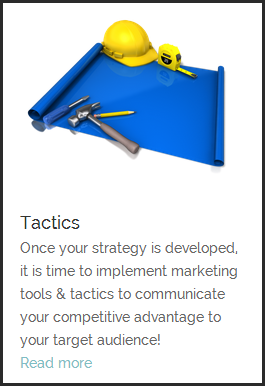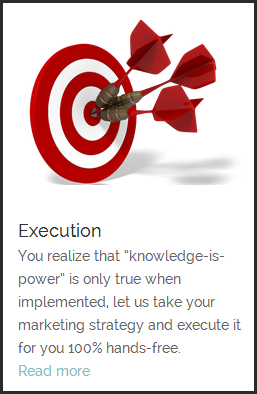
UPDATE:
Within 24 hours of posting this on Linkedin, the article received almost 1,000 views and 150 likes! Take a look
https://www.linkedin.com/today/post/article/20140707233136-191999577-attitude-branding
Aside from the most common brand marketing strategies, there are a few alternative tactics companies use to create an emotional connection. Attitude branding involves marketing a larger feeling that’s associated in the minds of your customers about your business. This feeling isn’t necessarily associated with your products or services. In fact, it may be totally irrelevant. It’s all about a particular feeling, lifestyle or personal identity.
Let’s consider Nike. The Nike brand is about much more than just shoes. To the company’s customers, the swoosh logo signifies the healthy, athletic and independent lifestyle inherent in the brand motto, ‘Just do it.’ The Nike brand epitomizes this attitude. Other major iconic brands such as Coca Cola and Apple do this too.
With attitude branding, your brand contributes to the consumer’s sense of identity and self-expression. By wearing Converse, I’m making a statement not just about what I like to wear, but about who I am.
No-Brand Marketing
Another alternative strategy many companies use recently is the branding of no-brand. What this means is that the brand is made conspicuous through the absence of a brand name. While it may sound counterintuitive to do this, the results can be very lucrative. An example where this worked particularly well was the company Yellow Cap of Venezuela, which made itself a popular brand through nothing but, as the name suggests, yellow caps.
Japanese brand Muji does the same thing. ‘Muji’ literally means, ‘no brand.’ By eschewing branding and flashy design, the company not only saves itself money on advertising, but also appeals to the segment of the population that goes for high quality and low price, and doesn’t care about brand name.
Word of Mouth
The absolute best brand marketing strategy is to focus on recommendations. There is no more powerful marketing than a close friend telling another close friend about your products. Studies have shown that this is more powerful than the best advertising. This is because it’s not coming from the company itself but from a trusted friend.
Today, when people are wary of being marketed to, and especially on social media where recommendations from friends are everything, it’s important for brands to focus on recommendations in their marketing strategies.
Name Is Everything
The most powerful aspect of a brand is the brand’s name. The name conveys a great deal of information. The best names are short and punchy, like Dell or Starbucks. This makes them easy to remember.
A great naming strategy is to use a nonsense word. You can then brand that word as your company’s name, and your company is the only association people will make with it. Just think of Yahoo, Pepsi and Dreamworks. These are invented words that are now associated exclusively with a brand. Google has even become a verb in common usage.
Be Flexible and Stay Current
Finally, your branding strategy should be flexible. Things are always in constant flux and that includes your market and its tastes. You need to listen and pay attention so that you can stay relevant to them.
A good example of this is Old Spice. The men’s cologne maker ramped up its branding strategy in recent years, making it slightly ironic and tongue-in-cheek to appeal to a younger generation…..and it worked.
Activity
- What specific customer problems are you looking to solve with your brand? Use the worksheet to brainstorm.
- Take a look at some good examples of marketing strategies and determine why they work so well. Use the worksheet to keep a record.








